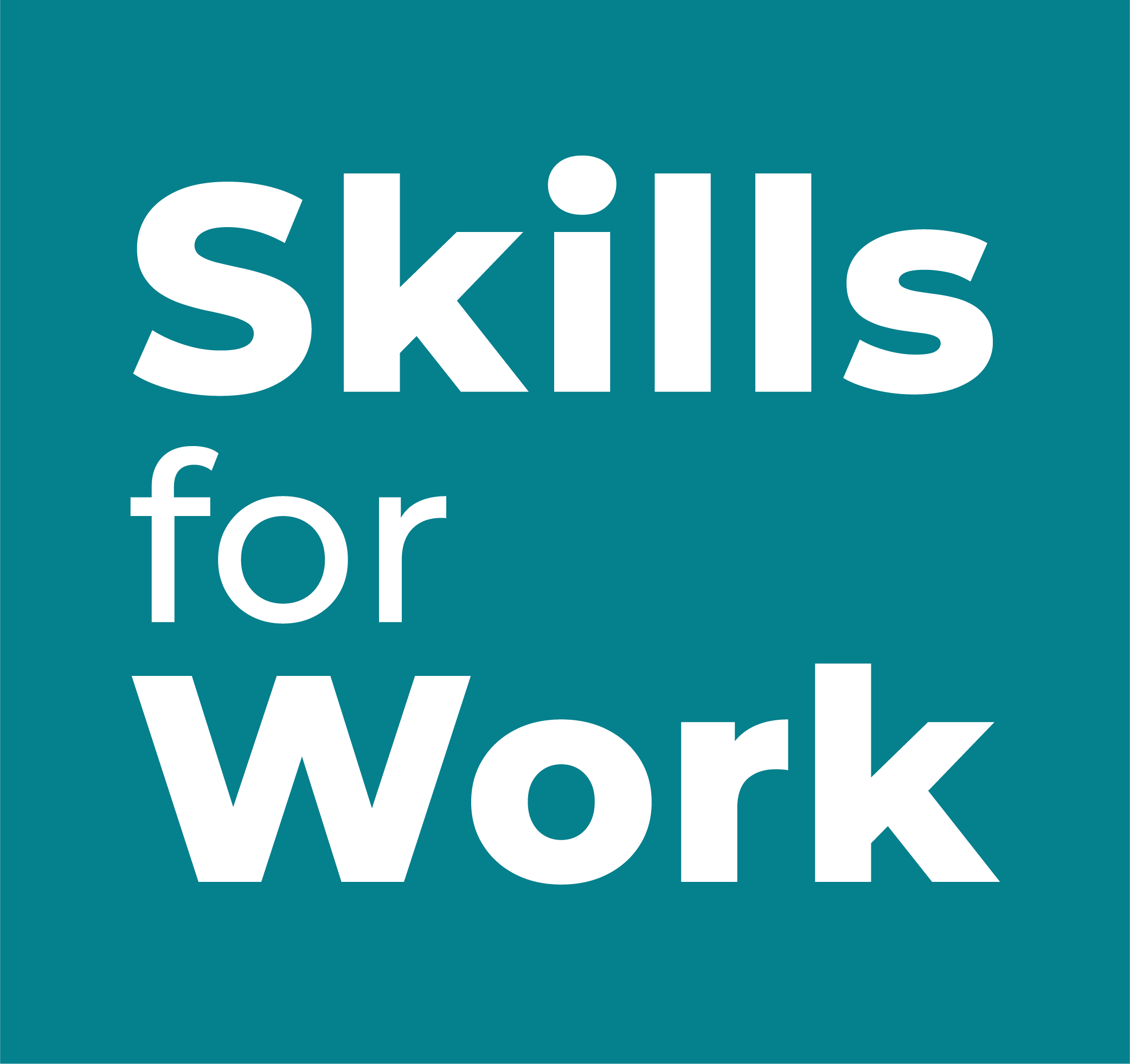
Empowering Educators to Guide Student Futures: Bradford Careers Services Framework
As educators, you play a pivotal role in helping young people navigate key transitions—whether moving through school or stepping into further education, training, or employment. To make these transitions successful, students need access to high-quality information and guidance from suitably qualified professionals.
The Bradford Careers Services Framework is designed to support you in this mission. It ensures that every young person’s career pathway is shaped by up-to-date labour market insights and real employer needs—helping them make informed, confident decisions about their future.
This framework is more than a document—it’s a collaborative approach. It outlines how schools, businesses, service providers, and local government can work together to meet the evolving needs of children and young people across the Bradford District. It serves as a practical guide for all practitioners involved in careers education and transition planning.
Get Involved
To receive your copy of the Bradford Careers Services Framework or to explore how your school can adopt and benefit from it, please contact the CTE team. Together, we can ensure every student is equipped for a successful future.


